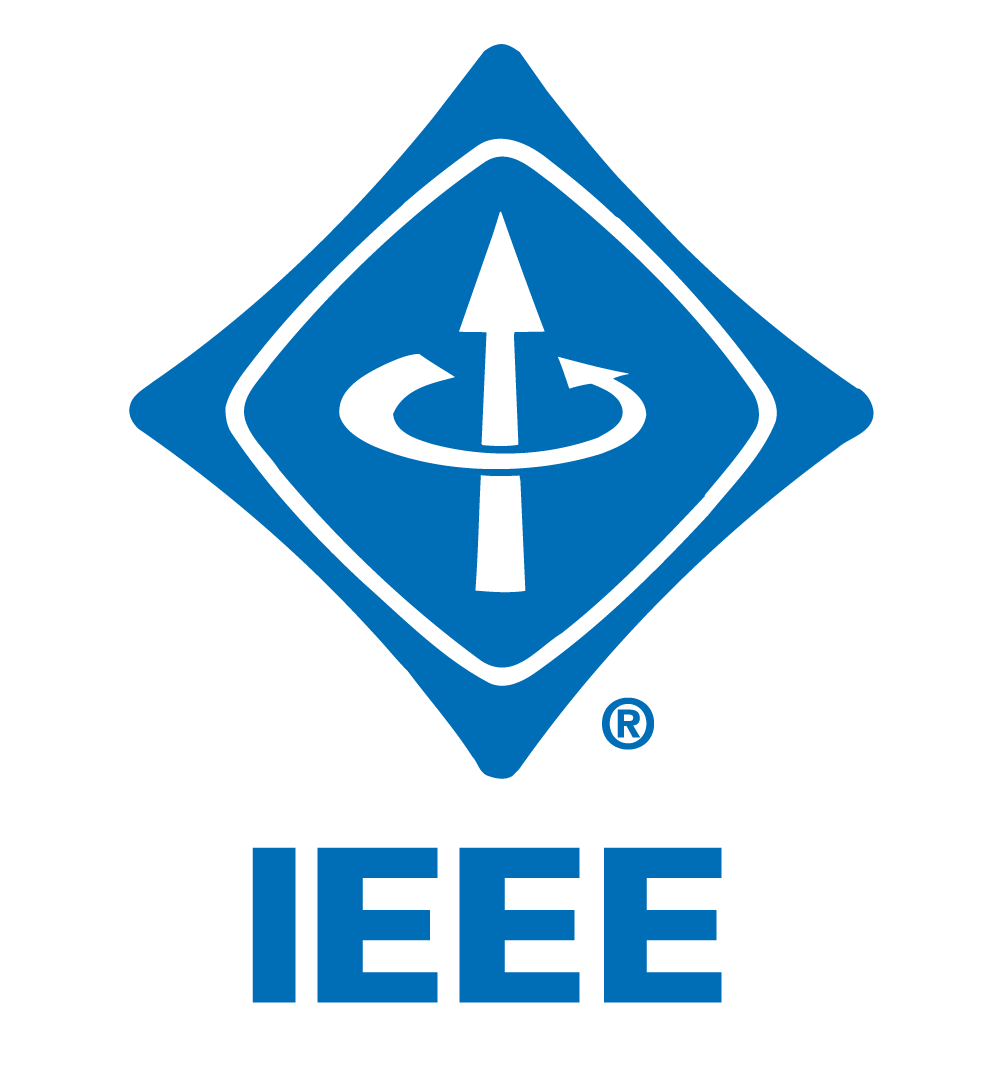| Amplifying Global South Voices in Digital Rights Policymaking | Governance and Regulation
First of a workshop series about technical forums talks about standards at the IEEE

Last September 27th, a Workshop about Standards at IEEE and ways to engage within this organization took place at an initiative of the Data Privacy Brasil Research Association. The IEEE (Institute of Electrical and Electronics Engineers) is the world´s largest technical professional organization. Currently, the institute has more than 400,000 technology and engineering professionals.
In this virtual meeting, which counted on the presence of Global South´s digital rights activists, the participants had the chance to discuss the topic with Professor Edson Prestes, who has excellent expertise within the technical standards field and led an initial exposition and contributed to a Q&A moment with the audience.
Stick with us. In this blog post, we will tell you more about the event.
Why a workshop to debate technical standards?
The standards-making process at IEEE and ways to activism in this institution were the broad mottoes of the meeting, which was the first of a series of workshop-format events that the Data Privacy Brasil Research Association will promote for the following months. The main goal of this series is to discuss and generate engagement of Global South´s digital rights activists in key institutional spaces that are talking about policies and/or technical standards that impact the future of datafication and democracy.
The idea that standards-making organizations have a high technical profile, which usually characterizes them, is a barrier to entry and participation of different stakeholders (especially civil society). It, in turn, reinforces the importance of broadening the discussion and exchanging knowledge in this field.
Departing from that diagnosis, the main goals of the workshop were:
- To map the debates and understand the general structure of the IEEE;
- To discuss opportunities and ways to engage with the IEEE decisions.
Human rights activists and technical experts must walk together
Connecting human rights activists with technical experts is essential in the digital age. This workshop was set as a safe place for conversations and collective thinking between digital rights and the technical standards field. We believe that we work better when sharing our forces. It was not expected to be a closed or frigid meeting or an up-down appointment, but a horizontal conversation in which we could talk and learn.
In this sense, the conversation proved very rich, opening opportunities to strengthen our ties. Professor Prestes, in addition to high technical expertise, has been reflecting on the impacts of his field on human rights. He began to think about how to increase ethics in the design of AI-based systems. Since then, more attentive to discussing ethics and human rights in its technical debates. So, considering favoring a network in this agenda, we sent the invitations for this workshop to partner NGOs in Latin America, Africa and Asia.
What has been discussed, and what is the standards development life cycle?
Professor Prestes explained that, strictly speaking, “standards are published documents that establish specifications and procedures designed to maximize the reliability of the materials, products, methods, and/or services people use every day.” That way, standards address a range of issues, including but not limited to various protocols to help maximize product functionality and compatibility, facilitate interoperability and support consumer safety and public health.
That said, professor Prestes highlighted that eight principles guide the standards development: 1) Direct Participation; 2) Due Process; 3) Broad Consensus; 4) Balance; 5) Broad Openness; 6) Coherence; 7) Development Dimension; and 8) Transparency.
As professor Prestes pointed out, in general terms, the standards development lifecycle has four years until the objective part of the process (the publication of the standard). This process includes the formation of the idea, the first stage, passing through the phases of: (i) approval of the project; (ii) development of the working group standard draft; (iii) public review; (iv) approval by the IEEE board; (v) the publication of the standard.
Regarding the discussions that are taking place within the IEEE, professor Prestes commented that there are several works in process. In sequence, he highlighted some initiatives, emphasizing one he is a part of, the ontological standards for ethically driven robotics and automation systems.
Who can engage?
In the end, the event took on a more inviting dynamic, with the audience’s participation in asking questions. The main point addressed referred to the possibility of effective engagement by civil society. In this regard, Professor Prestes explained that, despite the organization’s technical profile, the participation of specialists from other areas is encouraged. More than that, it is necessary. Prestes continued by commenting that undoubtedly the standardization processes face or end up going through questions from other fields, which reinforces the need for broad and open dialogues so that the decisions taken follow the central objective of benefiting humanity.
Originally aimed at the industry, the IEEE standards are beginning to expand to policy topics and recommendations, with a body of experts open to the multistakeholder model while having the tradition and legitimacy of technical experts. Many of the proposals being discussed today in this forum are the same concerns of civil society entities engaged with digital rights: transparency of autonomous systems, algorithmic biases, and processes of privacy and use of personal data.
DataPrivacyBr Research | Content under licensing CC BY-SA 4.0
